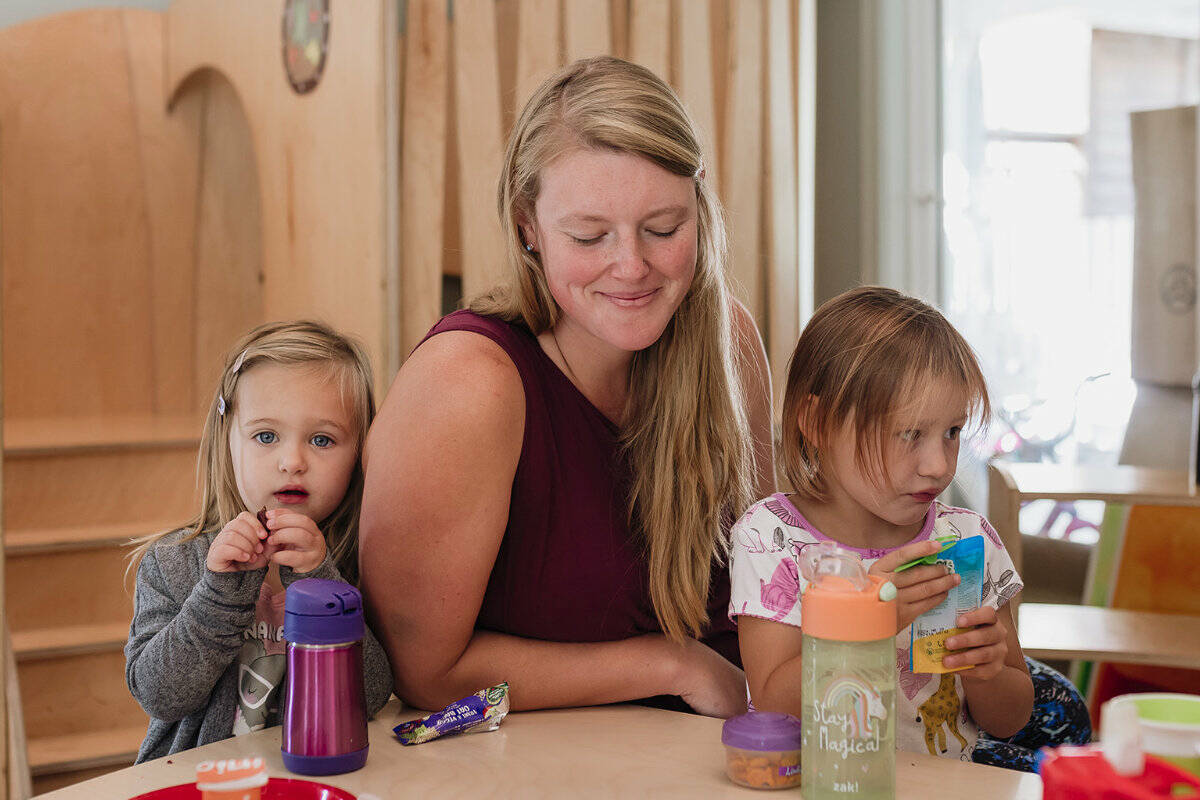New legislation promises to fill labour gaps in B.C. after receiving royal assent following parliamentary passage last week.
The International Credentials Recognition Act will require 18 regulatory bodies to remove barriers in 29 professions including engineers, social workers, veterinarians, paramedics, early childhood educators, teachers, biologists, land surveyors and architects among others.
The changes aim to speed up the integration of professionals trained abroad into the provincial workforce and will come into effect in the summer of 2024.
The provincial government projects one million job openings within the next decade with between 60 per cent to 70 per cent of openings coming from retirements as the share of British Columbians 65 years and older continues to grow.
Premier David Eby said professionals who received their training abroad face unnecessary obstacles such as onerous language requirements and Catch-22 requirements like having work experience before being accredited in Canada.
“With the skills shortage we have in this province, we cannot afford to leave anyone on the sidelines,” Eby said. “That’s why we’re taking action to close the gaps in the system so people can get to work faster, fill in-demand jobs and provide much-needed services to people in B.C.”
RELATED: B.C. tables legislation to attract more foreign-trained workers
“With the International Credentials Recognition Act, we’re making the process fairer and more transparent, so all qualified professionals can work in their chosen fields,” said Andrew Mercier, Minister of State for Workforce Development.
Background information from the ministry of post-secondary education and future skills citing the 2021 census shows just under 428,000 people working in British Columbia had studied abroad, compared to 1.37 million who studied domestically.
It is not clear how many of the foreign-trained workers working in 2021 worked in the 29 professions subject to the new legislation, but the legislation will include new reporting requirements to fill data gaps.
Available figures, however, show that workers trained abroad are under-employed and under-paid compared to their domestic counterparts.
According to the post-secondary education ministry, the labour force participation rate for British Columbians who studied domestically is 72.6 per cent — almost five per cent above the labour participation rate for those British Columbians who studied abroad.
The median employment income for British Columbians who studied domestically is $50,000 and $40,000 for people who studied abroad, according to the ministry.
@wolfgangdepner
wolfgang.depner@blackpress.ca
Like us on Facebook and follow us on Twitter.

